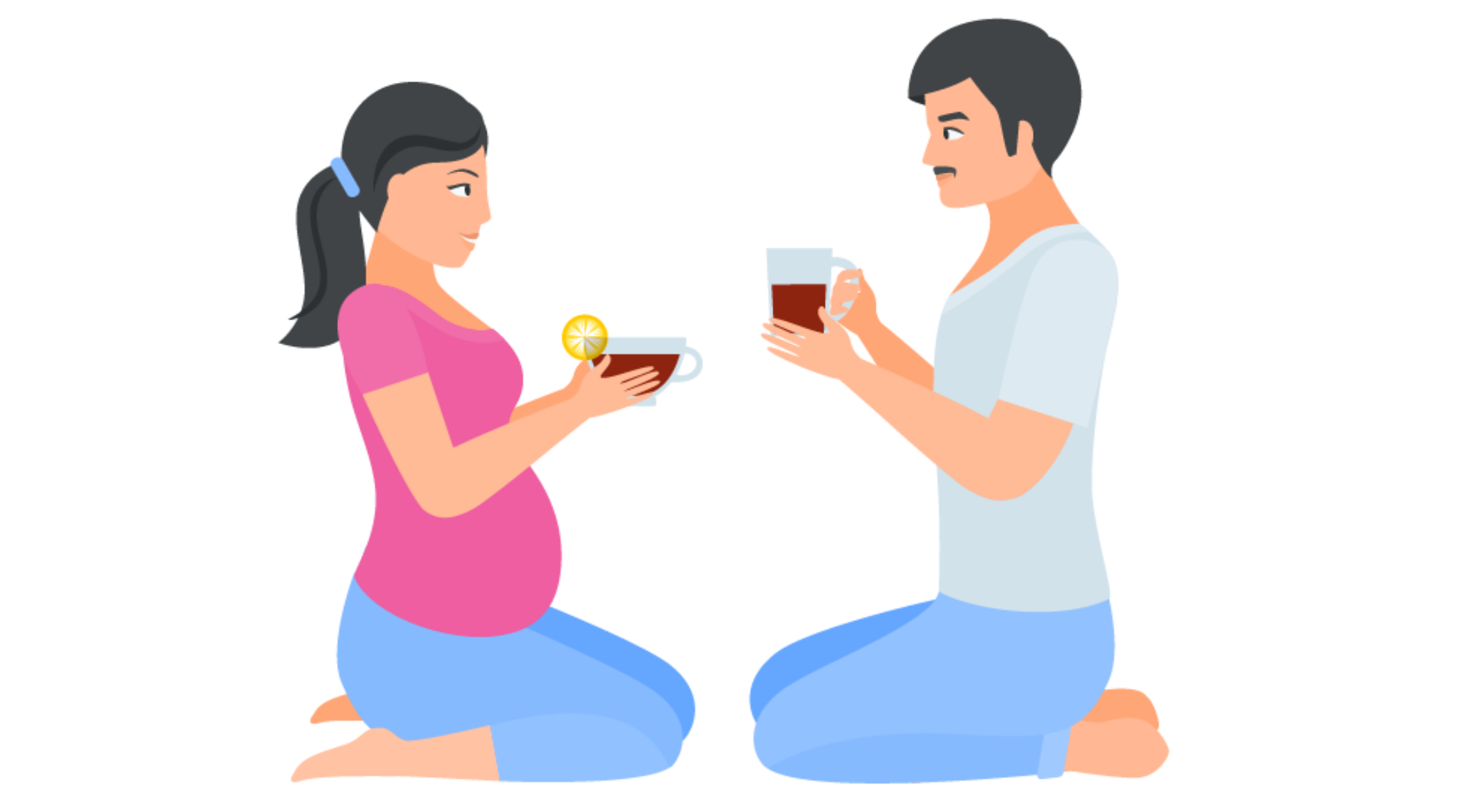The eighth month brings you close to those wonderful moments of holding your little angel. Your baby is still growing and requires a good supply of nutrients.
During the third trimester, nutrients are not only required for the baby but also for the mother to prepare the body for labor and breastfeeding. Hence, it is very important for pregnant women to be conscious of their diet.
Foods included in the diet should handle conditions such as heartburn and poor digestion efficiently as these conditions become worse towards the end of the third trimester.
Essential Nutrients
Folic acid
Folic acid is essential for the development of the neural tube and its transformation into the brain and spinal cord. The deficiency of folic acid causes neural tube abnormalities such as spina bifida in the baby.
It is recommended to take folic acid supplements as suggested by the obstetrician. Folic acid-rich foods such as leafy vegetables should be consumed regularly.
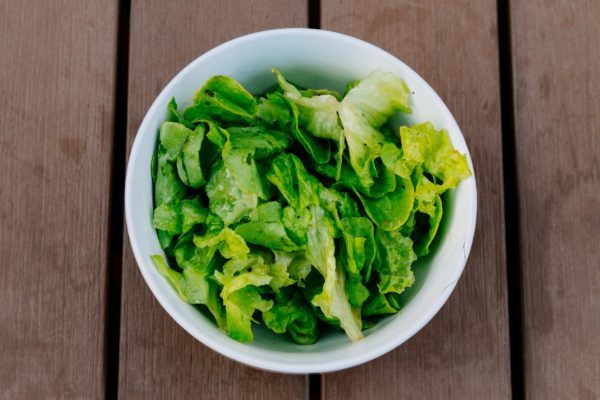
Vitamin B12
Vitamin B12 is required to support the formation of nerves and the brain in the baby. The deficiency of vitamin B12 in the mother causes the birth of babies who cry a lot and sleep very less.
Its deficiency also causes anemia, constipation, weight loss and fatigue in the pregnant woman.
Magnesium
Magnesium is required to relax the muscles. Having a sufficient amount of magnesium prevents early contraction of the uterine muscles.
It also helps in the formation of bones and tooth buds of the fetus. About 360 gm of magnesium is required per day during pregnancy.
Foods such as oats, brown rice, almonds, and peanuts are a good source of magnesium.
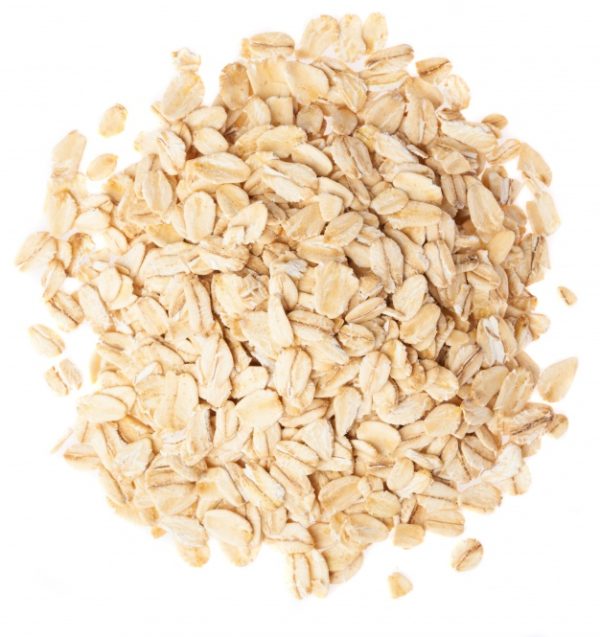
Calcium
About 100mg of calcium is required every day during pregnancy. Calcium is required to strengthen the bones of the mother.
It is also required for the proper formation of bones and tooth buds of the baby. Foods such as tofu, egg, almonds, turnip greens, cabbage, and salmon fish are rich sources of calcium along with dairy products.

Iron
Along with folic acid, iron is required to prevent anemia in pregnant women. About 27mg of iron is required throughout the pregnancy.
Increased intake of leafy vegetables, lean meat, cereals, and oatmeal provides the required dose of iron.
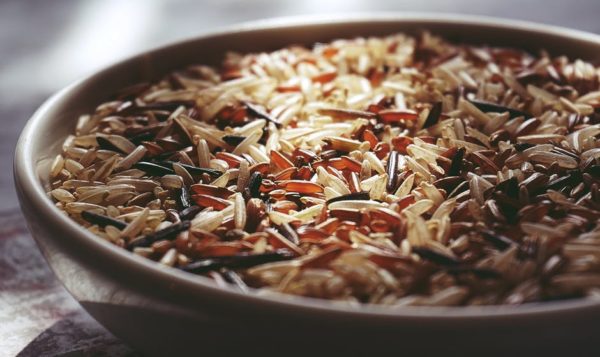
Understand the range of weight gain and plan your diet
Women with normal weight generally gain up to 13kg of weight during pregnancy depending on the existing weight.
The acceptable weight that can be gained throughout the pregnancy is determined by different factors such as the existing weight of the mother and other medical conditions of the mother if any.
Gaining too little weight increases the risk of premature delivery and low birth weight babies.
Increased weight gain may cause diseases such as gestational diabetes, complications during labor and hypertension.
It should also be noted children born to obese mothers have increased chances of being obese later in life. As you are now into the eighth month of pregnancy you should be very careful regarding the diet.
If you have already reached the expected weight gain limit then it is highly recommended to avoid high calorie and fatty foods.
Consider practicing mild physical movements such as walking to prevent further weight gain. If you are underweight then it is time to have a good diet and give birth to a healthy baby.
Consider having dairy products, lean meat, legumes, fruits, and vegetables to stay healthy and fit for the delivery.
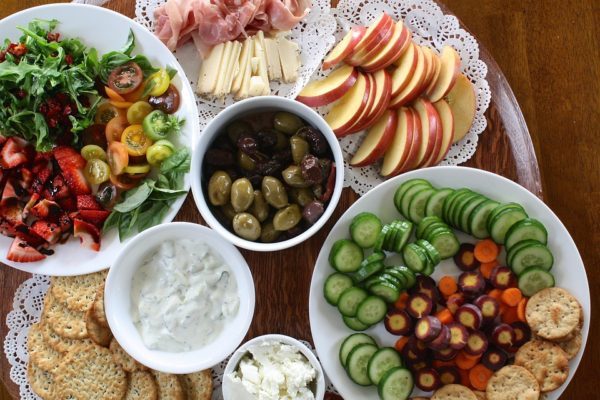
Evaluate your food choices
The urge to have a healthy baby and to grow weight causes pregnant women to eat extensively and choose foods erratically.
It is very important to choose healthy foods and eat in limited proportions to prevent excess weight gain that complicates the delivery process.
Poor food choices may help gain the required weight but the baby may not be healthy.
Never compromise with the health of the baby out of the desire to fulfill your cravings.
A perfect pregnancy diet should include foods from all food categories including the meat if you are not a pure vegetarian.
Foods to have more

- Protein-rich foods such as beans, corn, and avocados.
- Antioxidant-rich foods such as citrus fruits and vegetables like peppers and cauliflower.
- Calcium-rich dairy products and eggs.
- Fiber and calorie-rich brown rice or pasta.
- Iron-rich green leafy vegetables, dates, and figs.
Foods to be avoided

- Alcoholic and carbonated beverages are harmful to the baby.
- Uncooked meat that contains harmful bacteria responsible for a variety of food borne infections.
- No smoking and drugs that have an irreversible effect on the fetus.
- Fruits like papaya and pineapple that are believed to contain chemical components inducing contractions.
- Cured red meat as they are found to be responsible for dangerous medical conditions such as listeriosis and toxoplasmosis.
- Raw fish such as sushi as they may contain salmonella bacteria and cause infections.
- All varieties of pate including the vegetable pate as they are responsible for causing listeriosis in the pregnant woman. The mother may not show any dangerous symptoms but listeriosis causes fetal death or the birth of still babies.
- Unpasteurized milk due to the risk of toxoplasmosis.
Take a healthy diet and stay active
A well balanced nutritious diet keeps you fit and healthy. In addition to having a healthy diet, it is recommended to practice simple workouts regularly if you do not have any medical complications.
Practicing kegel exercises prepares the vaginal muscles for delivery.
Nutritious snacks to have during the eighth month of pregnancy
Appetite is high during the eighth month of pregnancy. Hence, it is essential to have healthy snacks in between meals. It is recommended to pack snacks whenever you plan to go out for a long time.
Here are some of the healthy snacks to have during the third trimester.
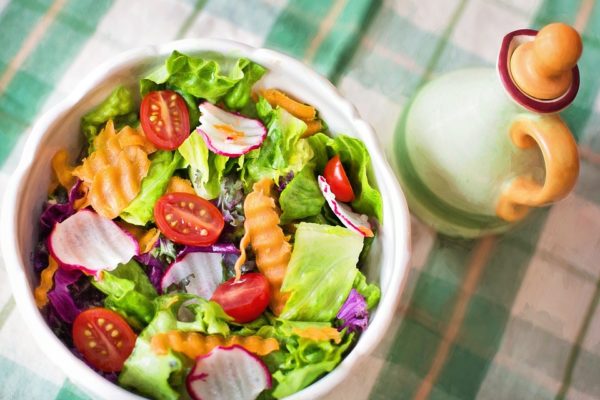
- Vegetable Manchuria garnished with coriander. However, ensure that it is not prepared spicy.
- Banana chips or a banana.
- Fruit juices or vegetable juices such as carrot or beetroot.
- Fruits like mango, guava, pomegranate, berries and grapes.
- Citrus fruits such as oranges and lemon.
- Vegetable salads containing vegetables such as green pepper, carrot, beetroot cucumber, beans, and lentils. If you cannot have them raw consider moderate boiling.

